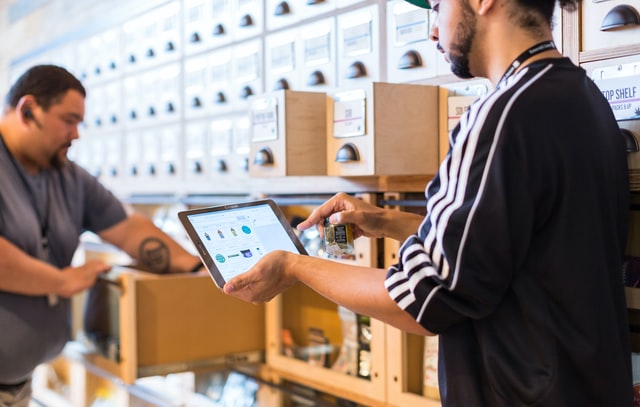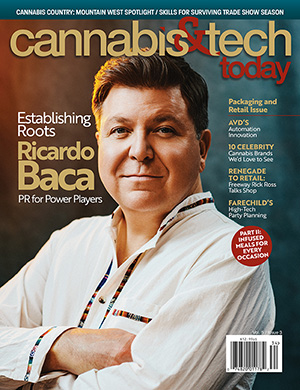The digital divide is a growing inequity in BIPOC (Black, Indigenous, People of Color) communities across the United States.
This divide was made even more apparent during the pandemic. As schools and colleges went remote, BIPOC communities struggled with access to education, lack of hardware, access to broadband, and educators with the skill set to effectively translate curriculum to a remote student body.
Digital equity is a condition in which all individuals and communities have the information technology capacity needed for full participation in our society, democracy, and economy.
Digital equity is necessary for civic and cultural participation, employment, lifelong learning, and access to essential services, as defined by the National League of Cities Digital Playbook.
Digital equity is needed to fully participate in the cannabis industry.
In the growing cannabis industry, this divide is akin to a chasm. Racial injustice in the enforcement of state and federal drug laws was a credible argument for the legalization of cannabis in states across this country.
Social equity policies, enacted as a tool to correct this historical injustice, have been adopted in many states. These policies are a positive step towards building an inclusive workforce, particularly in businesses and jobs that touch the flower — we have yet to work on the ancillary services that support this industry.
Technology is a critical component of workforce success. However, the BIPOC presence in technology is negligible.
In this highly regulated industry, technology is the lifeline to survival.
The many platforms that are needed to streamline and effectively run your business such as point-of-sale, seed-to-sale, wiring and security systems, and software to enhance regulatory reporting requirements, are often out of reach for BIPOC owners and licensees.

This growing industry must provide the pathway for BIPOC students, industry applicants, and social equity candidates to be trained and hired.
Moreover, capital must be available as the cost to purchase and maintain these technology platforms is one of the many barriers to entry. This divide is an injustice that must be rectified as rapidly as the cannabis industry is growing.
The adoption of the National Association of Cannabis Businesses (NACB) Social Equity Model and Sustainability Standard are ways for this industry to begin to organize, plan, and act to close that chasm.
Investment pools and connecting with students in trade schools about these career opportunities can help create entrepreneurs and offer employment tracks for BIPOC students in cannabis technology and beyond.
Further, advanced recruitment practices can show existing technology professionals that cannabis technology is a legitimate and obtainable career pathway.
The adoption and implementation of these standards in policy and practice will transform this digital divide into equitable opportunities that can close the existing chasm in the cannabis industry.
Join us to make certain that we build the ethical industry that was the focus of our fight for legalization — an industry that is inclusive at inception and across all domains.
This article was first published in the spring 2022 issue of Cannabis & Tech Today. Read the full issue here for free.








